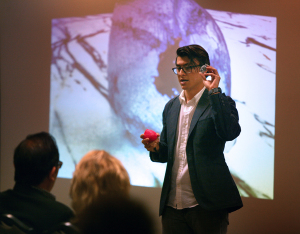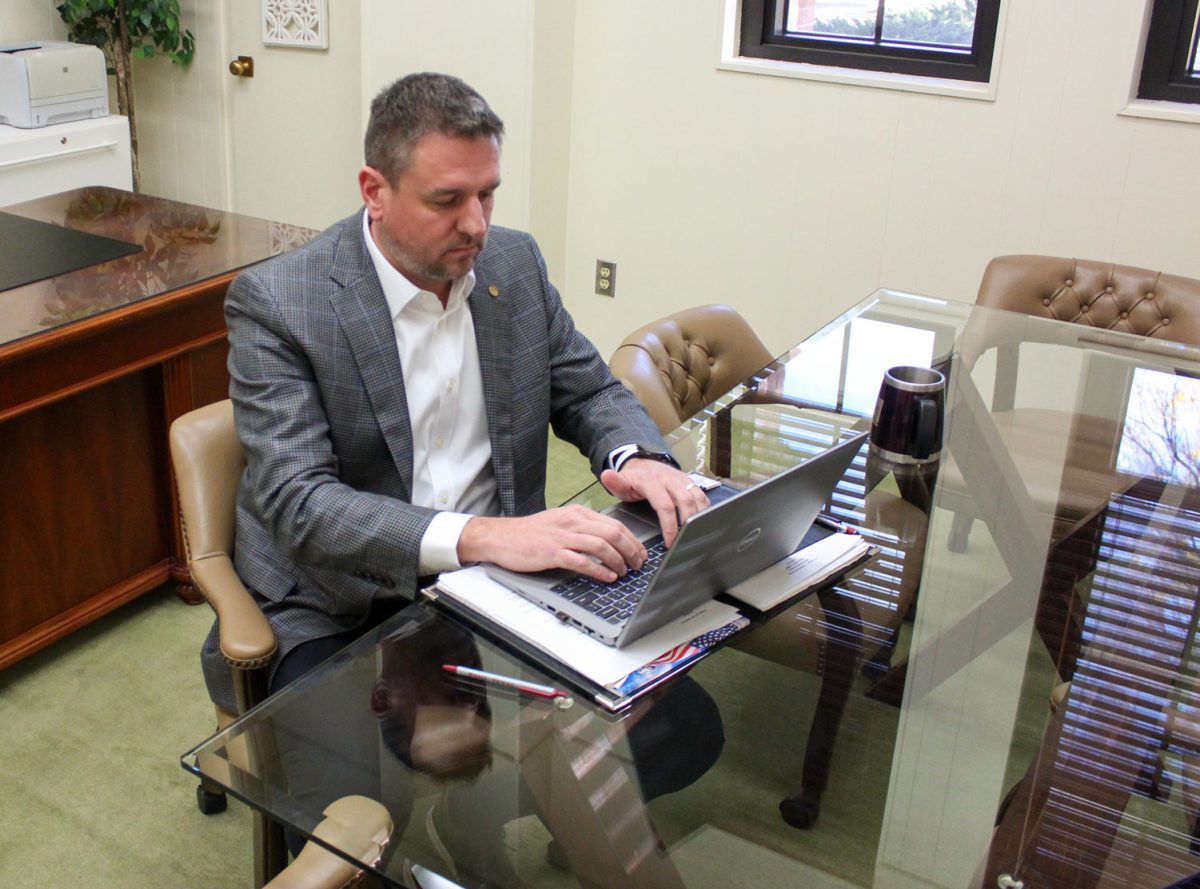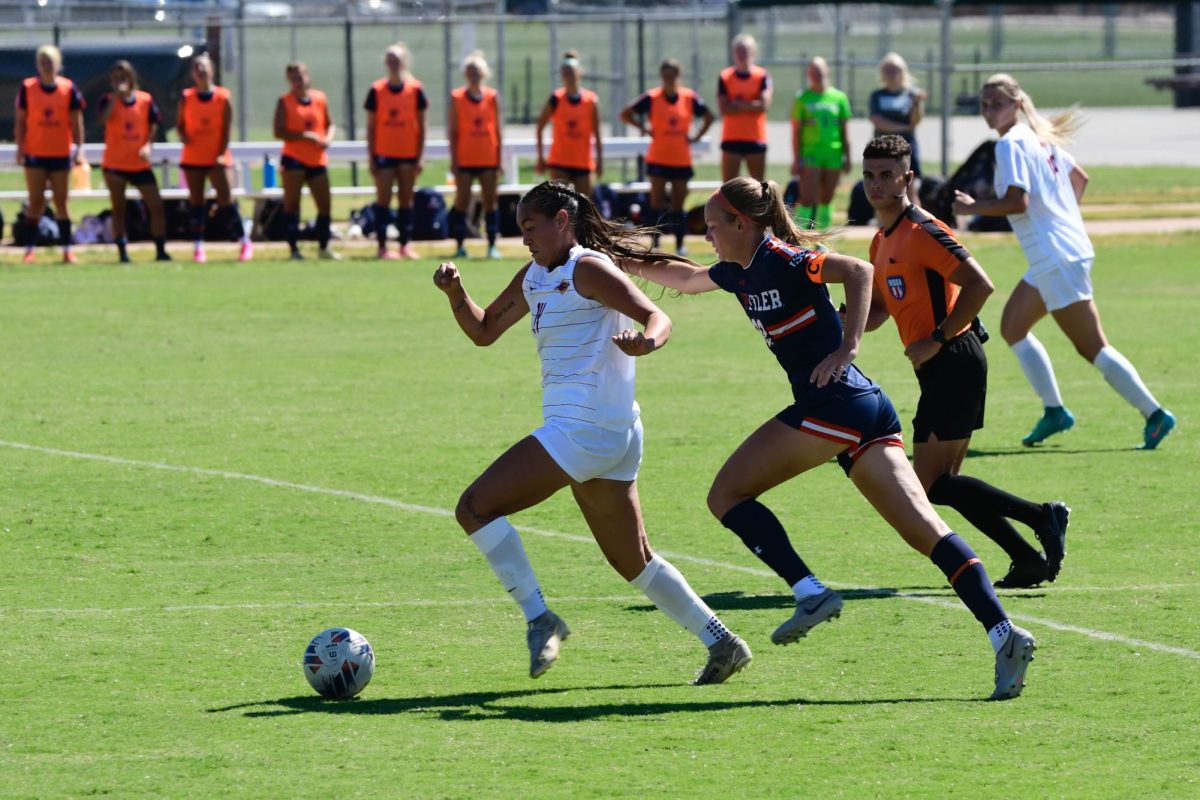
Sign up for Undergraduate Research Opportunities Summer Workshop‘s summer research project is open in the Clark Student Center atrium. On Feb. 23 from 5:30-7 p.m., UGROW members will host “Posters on the Go,” a presentation to discuss the progress of their projects.
“I encourage students to do research because it brings a lot of new opportunities,” Simon Ospina, economics and finance sophomore, said. “You’re able to work with faculty mentors that will help you all the way through your research.”
Students working with UGROW have the opportunity to learn, in depth and outside of the class, about topics they are interested in.
“This research is very important. Students develop critical thinking and study methods, and reading about previous researchers opens their mind,” Magaly Rincón-Zachary, director of undergraduate research, said. “They become better students; they just flourish.”
Ronald Young, accounting professor and UGROW mentor, shared Rincón-Zachary’s opinion on the matter, underlining the benefits research has on students.
“Anything that makes students think is going to be beneficial to them,” Young said. “Doing a research project makes them think and use their brain.”
In the list of awarded projects for spring 2017, most are related to science and mathematics studies. However, UGROW also funds fields such as business, social studies humanities, education, and fine arts.
“You get rewarded with scholarship money for your research,” Ospina said. “If you do a good project, you have the opportunity to publish your own work in scholarly journals.”
The university spends $250,000 every year to fund undergraduate research. According to Rincón-Zachary, the investments also includes the intellectual effort by students and mentors, along with the time dedicated to the researches.
“That money covers scholarships for students and faculty, materials, and travel expenses that occurs when student participate in conferences,” Rincón-Zachary said. “It’s a lot of money, but we spend every cent of it.”
According to Rincón-Zachary, it’s also important for other students to participate in EURECA/UGROW events and presentations. Doing so allows students insight into their peers projects, making it more reachable and opening their mind to new questions.
“It’s a strategy [students’ presentation] that we use for EURECA students to report the progress on the project they have made so far,” Rincón-Zachary said. “They can report problems they encountered, questions or doubts, or even introduce future plans to the audience.”
EURECA staff keeps recruiting students interested in developing a research project in collaboration with faculty mentors.
“I’m researching about the impacts of remittances on economic growth through the human capital channel in developing countries,” Ospina said. “We are trying to correlate the impacts of remittances as an economic developer in developing countries.”












